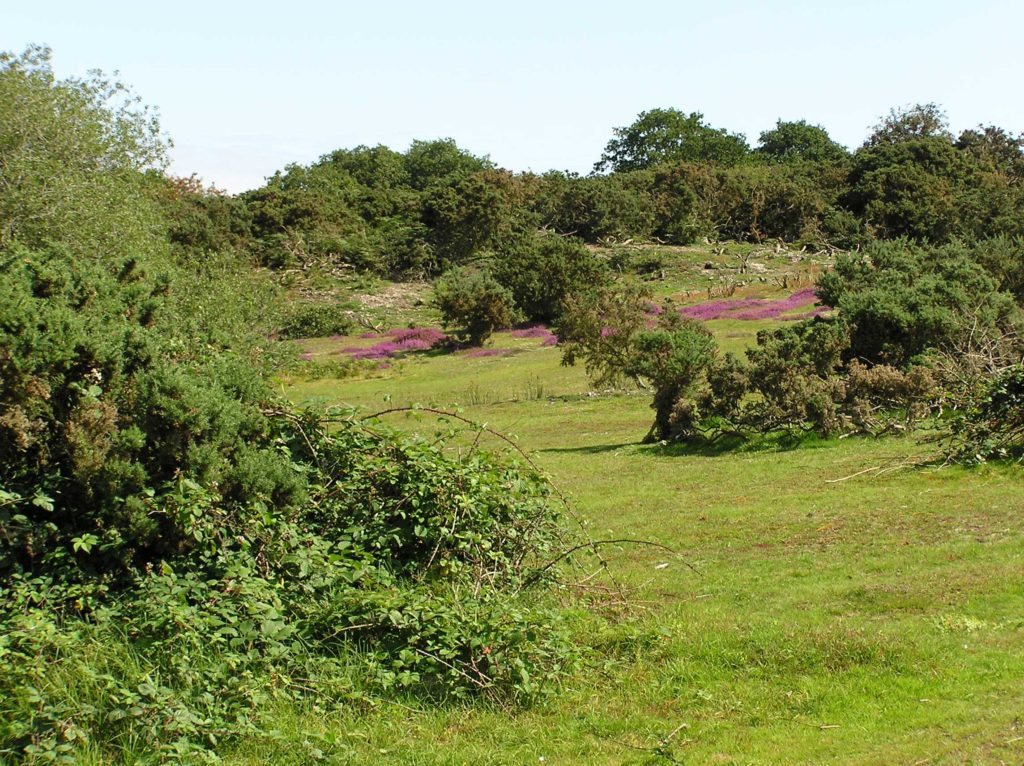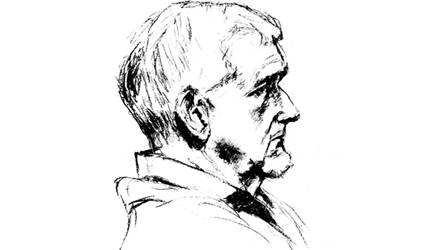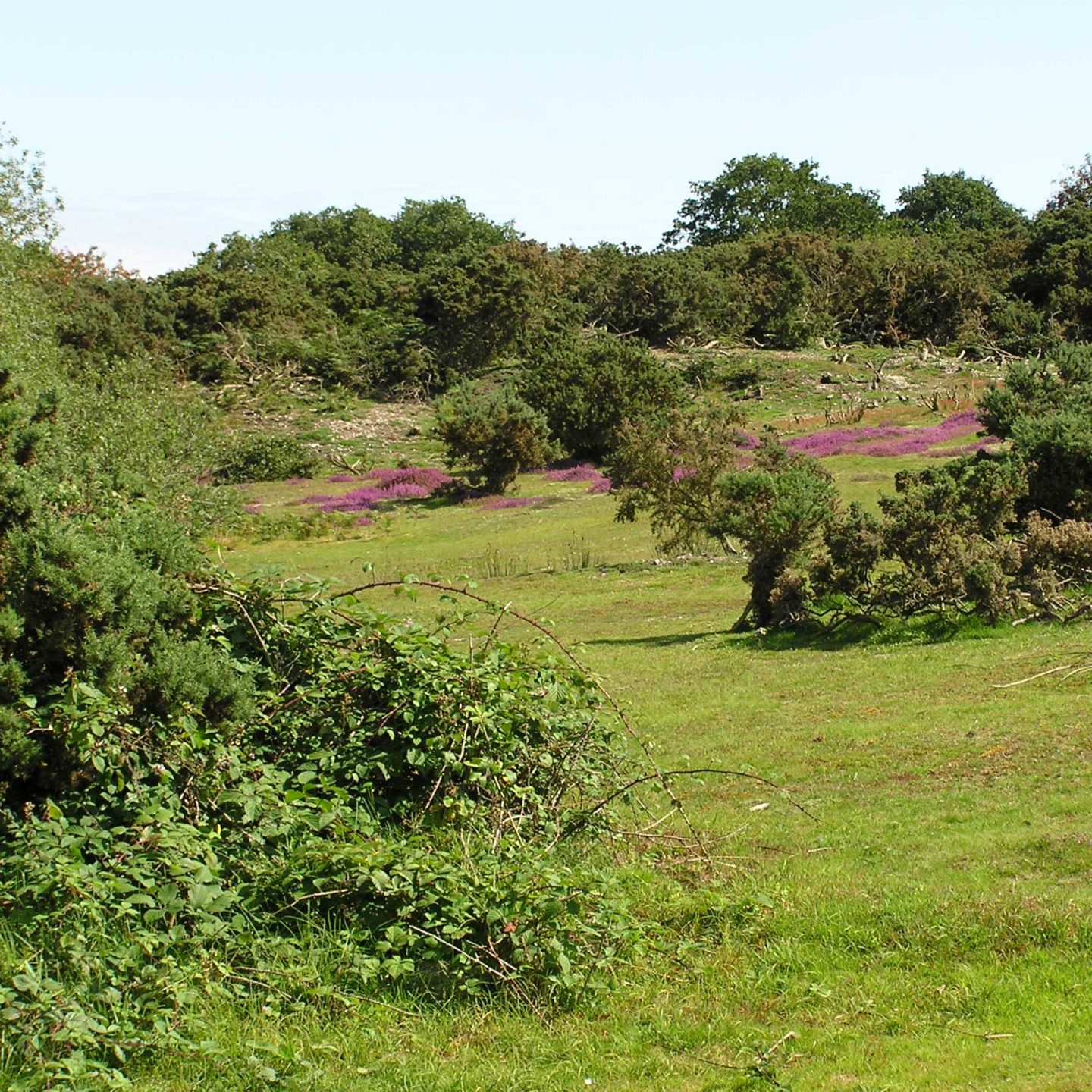
Westleton Walks, the name might entice
to a tranche of land in the Suffolk Sandlings,
where villagers once herded their sheep .
Thousands of browsers trimmed low vegetation
and modelled the flanks of the Mumberry Hills.
Soft gentle slopes pointed down to the sea
in huge pebble fingers, webbed with marshes.
After all sheep left, gorse and bracken emerged.
First birch and then the oaks made their return
after myxomatosis butchered the rabbits.
Absence and death have moulded this landscape
to the form we now see and consider as ‘natural’.
Gorse, rough grass, shrub birch and heather
are now penned by miles of ‘protective’ barrier.
A few marked footpaths traverse the heath
As you walk them, you might think of an Eden.
Beware, this is illusory, in 1943 this was purgatory
for thousands of soldiers camped under canvas.
Tanks noisily manoeuvred firing whistling shells
over mine seeded ground of crudely quilted trenches.
Explosive rehearsals for the invasion of Normandy.
Westleton Walks hosted warfare and drudgery.
Wizz-bang, choking, smoking bombard in Exercise Apple
with mortars, live rounds and arching flame throwers.
Smashed concrete pill boxes near Scotshall Covert
are blasted, scarred mementos of Exercise Kruschen,
while high ground at Cuttens Hill suited Exercise Teller.
Listen! Is that wind in the trees, or overhead shells?

